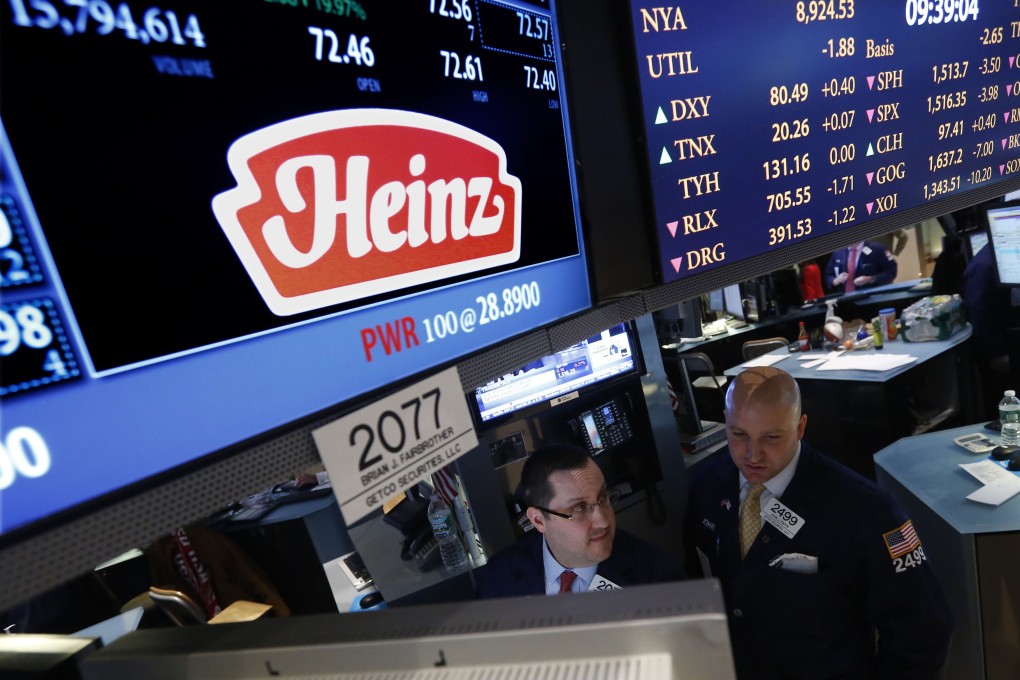Opinion | China approves Warren Buffett's Heinz buy
China's relatively quick approval of a major global M&A deal indicates the regulator is streamlining its bureaucracy for such transactions

After repeatedly criticising China's anti-monopoly regulator for its slowness in approving global M&A, I finally have to congratulate the Chinese Commerce Ministry for improving its record with the relatively fast approval of a major deal. In this case, the ministry has given its official approval just over three months after Warren Buffett's Berkshire Hathaway announced it would partner with private equity firm 3G Capital to buy US ketchup giant HJ Heinz (NYSE: HNZ) for US$28 billion.
So, let's examine this matter a bit more closely to see why I'm at once commending China but also still think it needs to keep working to cut its bureaucracy in approving this kind of major global M&A. While China only took a little over three months to approve this deal, which was first announced in mid-February, it was still one of the last major players to give its approval, behind only the EU and Russia. What's more, this deal has little or no anti-trust implications, which should have made such approval quite easy. Both Berkshire Hathaway and 3G Capital are pure investment firms, with little or no direct involvement in the food sectors where Heinz makes most of its money.
Of course it's possible that one or both of these buyers already owns some food-making assets in their portfolios, and might be considering combining those with Heinz before eventually selling off the new company at a premium. That potential is certainly reason for requiring anti-trust clearance, since Heinz is one of the world's biggest ketchup makers; but it's also quite easy to determine if there is any reason for concern, since both Berkshire and 3G Capital undoubtedly disclosed all their related investments to the various regulators when they applied for approval of the deal.
This relatively speedy approval by China's Commerce Ministry contrasts sharply with several other major deal where the approval process dragged on for months or even a year for no apparent reason. Such delays can cause big business disruptions for the merger partners, since the companies awaiting approval must stay in a "holding pattern" during that time that prevents them from making most major business decisions.
Most recently, China was taking its time in approving a deal that would see Taiwanese chipmakers MediaTek (Taipei: 2454) and MStar merge (Taipei: 3697). That deal was first announced in the middle of last year and the pair hoped to complete it by January. But they had to delay their plans after the Chinese regulator failed to give its approval as of late March. I haven't seen any announcements since then of the deal's approval, and suspect it's still being considered.
